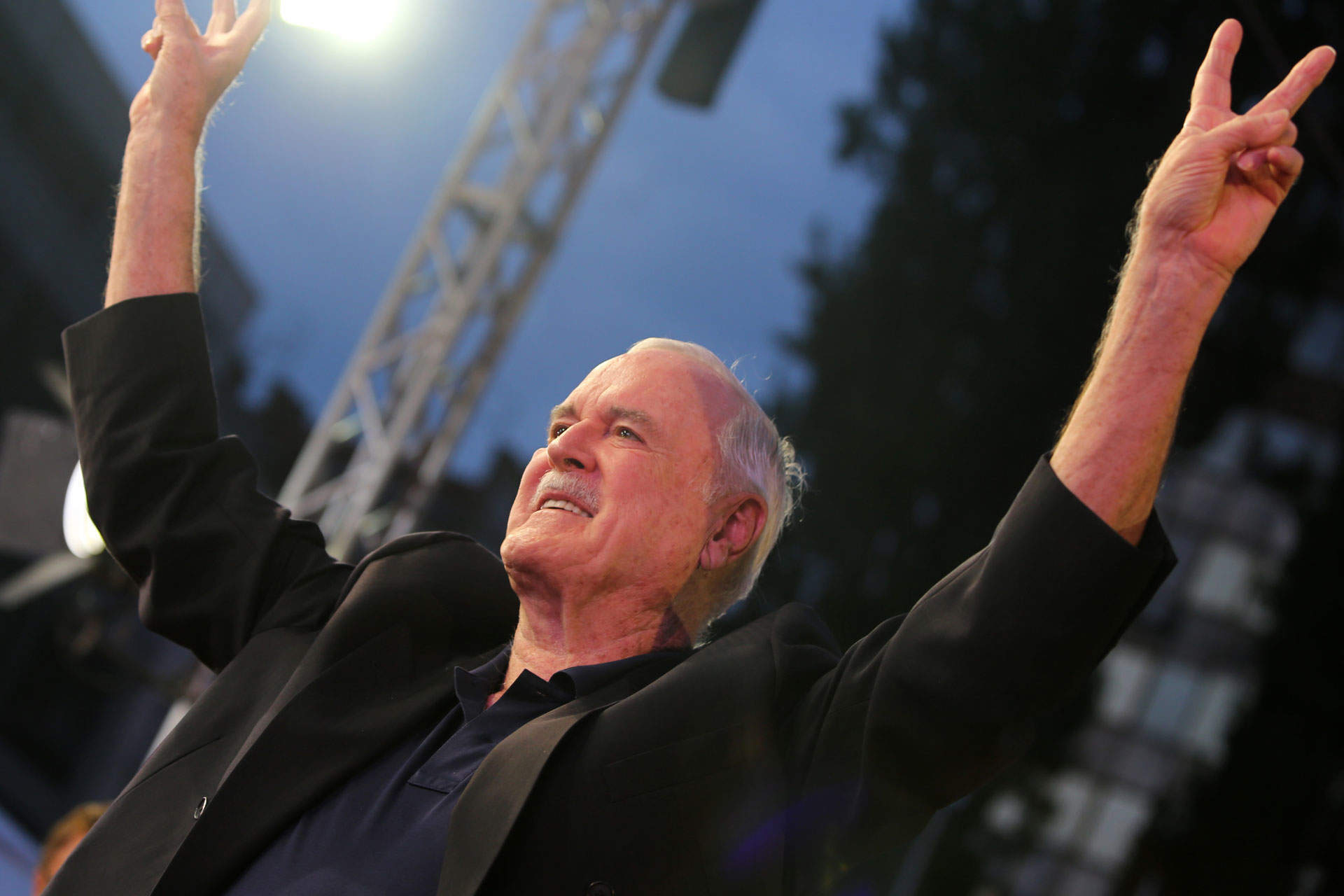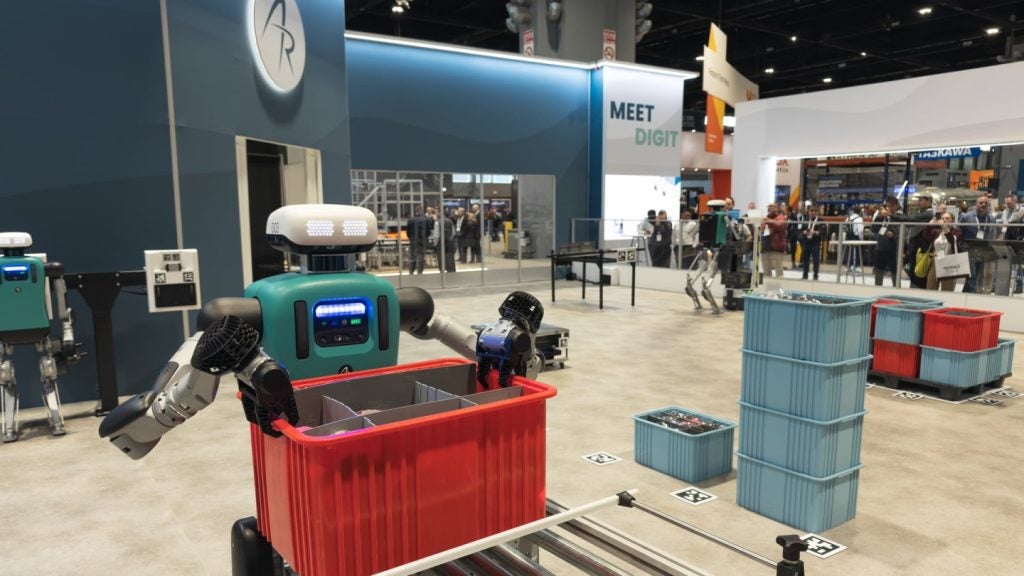
What does technology have in common with comedy? It’s not just python. According to comedian John Cleese, it’s the need to play. Talking at low code platform provider Appian Europe 18 in London on 9th October, Cleese explains, amid anecdotes of being “savaged by a rabbit”, how creativity can be encouraged.
The pressure is on companies like Appian to find solutions through tech to real-world problems, from artificial intelligence in medicine to threats to democracy. But Cleese talks about slowing down, not thinking too hard and allowing mistakes to happen, to develop creativity and find solutions.
The John Cleese technology view: Don’t think too fast
When Cleese was starting as a comedy writer, he would spend night after night staying up late and trying to be funny. But he often found that simply stopping, and applying the old wisdom to “sleep on it”, meant he would wake up and “suddenly the solution was there”.
Cleese talked about psychologist Guy Claxton’s concept and his book Hare Brain, Tortoise Mind, saying that like the parable of the hare and the tortoise, going slow and steady will help you find a better solution.
While working in his video company in the 70s, which used humour to train people in business, Cleese said he would defer decisions to when they were needed, giving time for new ideas to germinate.
In the tech world, development is competitive and fast-paced. Cleese said: “Efficiency has become such an obsession that we forget that people are quite interesting outside of that”.
Take time and space to play
“Play happens outside ordinary life,” says Cleese, so you have to create boundaries in space and time to play and think creatively. Playing is about getting seriously interested in the problem itself without knowing where it will go, “It’s not purposeful, it’s totally exploratory.”
The problem he says is that “sitting around thinking is not thought of by many CEOs as working,” unless you’re Einstein.
There will be distractions, says Cleese, but “once you’ve remembered to call Bob,” you start getting hunches or images that you can play with and “ideas will emerge”.
“That’s not to say that they’ll be any good,” he warns, but then you bring in hare brain, the logical, quick thinking part that evaluates ideas.
“The critical thing is don’t bring in the hare brain too soon because ideas are very delicate.”
Don’t think too hard
“Sometimes if you try to think about something it screws it up,” says Cleese. He believes in the intelligent unconscious and getting a good relationship with the unconscious so that it helps you find solutions and make decisions.
At Cambridge University a professor told Cleese to read through all the questions in the exam before starting to answer the first one. The unconscious mind will be working on those later questions when you start.
Share the joke
Cleese says that “if people are afraid of getting slapped down from above, there’ll be no creativity”.
“Science is a method of proceeding, not a set of beliefs because otherwise, it would be like a religion.” Like creativity, says Cleese, “It’s a chance process.”
Sharing ideas in pairs or groups might end up in misunderstandings, but building on that mistake is creativity in action.
Don’t think you’re smarter than you are
According to Cleese, it does not matter how clever you are, or what your IQ is. In fact, people with higher IQs tend to think they have scored less high in IQ tests, and people with lower IQs tend to think they have scored much, much higher. “The smart people just can’t believe how much stupider everyone else is,” he says.
But apart from IQ, Cleese quotes favourite comedian W.C. Fields:
“Anyone that hates dogs or children, can’t be all bad.”
When asked whether AI will ever write a joke, Cleese is unambiguous: “No.” And for the tech and the creative in all of us, he says: “I’ve never understood computers.”







